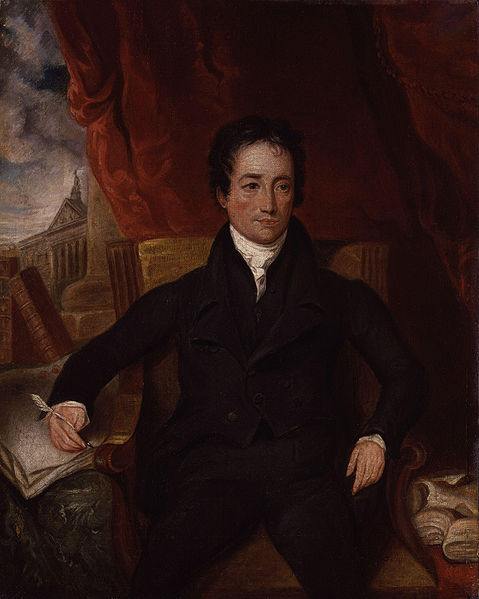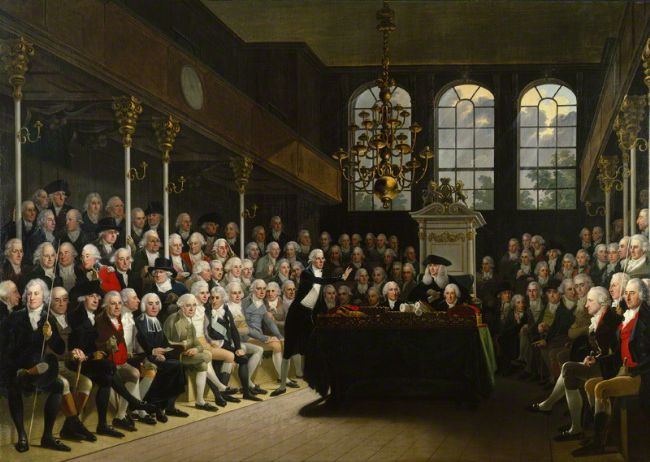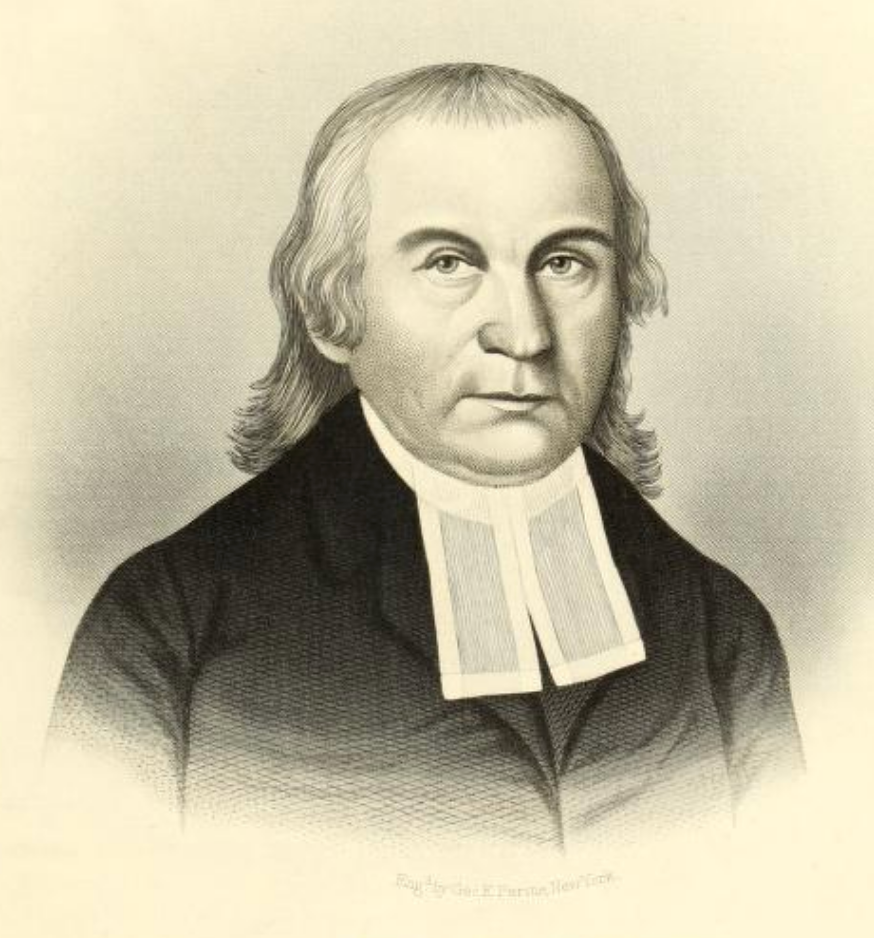
Charles Lamb
Letters of Charles Lamb
Letter to Southey
「1799」 Charles Lamb, “Letter to Southey, March 20. 1799,” in Vol. 1 of The Letters of Charles Lamb 「Google Books」, 2 vols. 「a selection of letters originally compiled by Sir Thomas Noon Talfourd in 1837 and in Final Memorials, c. 1847」 enlarged and expanded by Carew Hazlitt (London, 1886) 214-216.
I love this sort of poems, that open a new intercourse with the most despised of the animal and insect race. I think this vein may be further opened; Peter Pindar hath very prettily apostrophised a fly; Burns hath his mouse and his louse; Coleridge, less successfully, hath made overtures of intimacy to a jackass, therein only following at unresembling distance Sterne and greater Cervantes. Besides these, I know of no other examples of breaking down the partition between us and our ‘poor earth-born companions. It is sometimes revolting to be put in a track of feeling by other people, not one’s own immediate thoughts, else I would persuade you, if I could (I am in earnest), to commence a series of these animal poems, which might have a tendency to rescue some poor creatures from the antipathy of mankind. Some thoughts come across me;—for instance—to a rat, to a toad, to a cockchafer, to a mole—people bake moles alive by a slow oven-fire to cure consumption. Rats are, indeed, the most despised and contemptible parts of God’s earth. I killed a rat the other day by punching him to pieces, and feel a weight of blood upon me to this hour. Toads you know are made to fly, and tumble down and crush all to pieces. Cockchafers are old sport; then again to a worm, with an apostrophe to anglers, those patient tyrants, meek inflictors of pangs intolerable, cool devils; to an owl; to all snakes, with an apology for their poison; to a cat in boots or bladders. Your own fancy, if it takes a fancy to these hints, will suggest many more. A series of such poems, suppose them accompanied with plates descriptive of animal torments, cooks roasting lobsters, fishmongers crimping skates, &c., &c. would take excessively. I will willingly enter into a partnership in the plan with you: I think my heart and soul would go with it too—at least, give it a thought. My plan is but this minute come into my head; but it strikes me instantaneously as something new, good and useful, full of pleasure and full of moral. If old Quarles and Wither could live again, we would invite them into our firm. Burns hath done his part.



